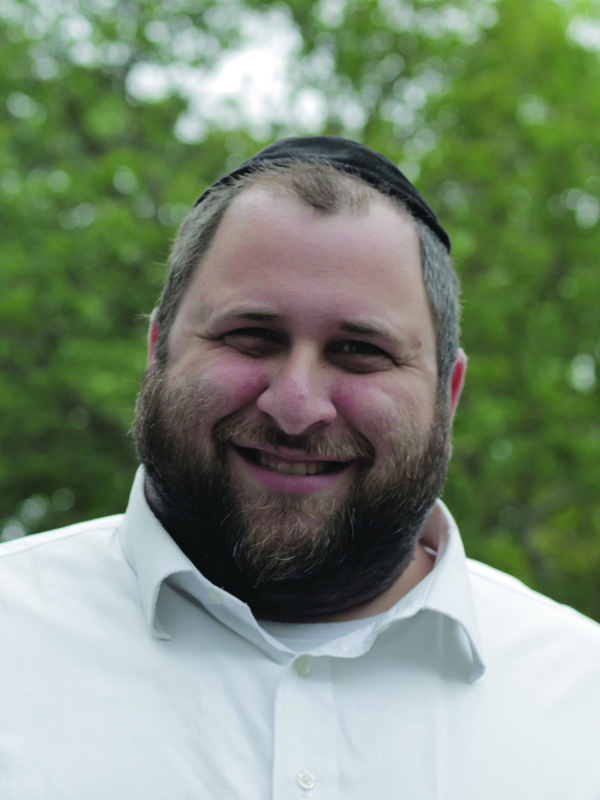Yom Kippur begins at sundown on Friday, October 11
Fasting for 25 hours is no easy feat. Hunger pangs, headaches, and general malaise typically set-in by midday, after the last morsel of food went down at dinner the previous night. Jews who observe the Yom Kippur fast cope in different ways, as they create a physical discomfort for themselves to open a mindfulness for forgiveness.
Rabbi Shmuel Katz, a congregant at B’nai Israel Congregation, sells and distributes non-prescription FastAid, a delayed time release pill containing ibuprofen, caffeine, acetaminophen, and electrolytes to help stave off the physiological effects of fasting. A project by Toronto Kollel, FastAid has been around since 1998 and has distributors throughout the United States and Canada. On its website, the Toronto Kollel describes the pills as “halachically permissible by the Roshei HaKollel, Rav Shlomo Miller, and Rav Yaakov Hirschman who note that ‘headaches and nausea are not one of the five Eenuyim we need suffer on Tisha B’Av or Yom Kippur, which means the formulation can be taken with a clear conscience.’”
One pill is taken orally before the fast begins, but its slow time release occurs 12 hours later. “Once the pills begin working, they effectively release and keep headaches and nausea at bay till the conclusion of the fast,” according to promotional material.
“People who take it say it works,” says Katz. For the Tisha B’Av fast in August, he was approached by 20 to 30 people looking to purchase the fasting pills.
For Deb Segaloff, her Yom Kippur tradition begins with a memory from her childhood: piercing a lemon with cloves with her grandmother, Lottie Mantinband Bernstein. “I smell it when I’m hungry, and it does make me feel better, but I like it because it reminds me of my grandmother,” Segaloff says. “You can imagine my surprise, when, as a young wife, I saw Miriam Ruberg and Ruthie Kroskin with their own lemon and cloves at Beth El on Yom Kippur!”
Unlike other Jewish holidays, many congregants choose to spend the entire day at synagogue. Sharon Cohen, a member of Ohef Sholom Temple, attends study sessions, reads, or takes a walk between services. “Fasting on Yom Kippur offers a rare opportunity to mindfully focus without the distractions of daily life,” she says.
Gary Baum takes a similar approach. Growing up in England, his family stayed in synagogue all day. Upon arriving in Norfolk, he befriended Paul Peck and Adam Foleck at Congregation Beth El, and the three men created their own tradition. “We walk over to visit with Paul’s father, Stanley Peck, at the Chabad house,” and depart with teachings of Torah to consider from Rabbi Margolin and Rabbi Brashevitsky. “As I think about it, I can’t recall a year when we were prevented from walking over due to inclement weather.” Divine intervention, maybe?
A congregant of Temple Lev Tikvah, David Yasemsky prepares for the Yom Kippur fast starting with the Selichot service. In getting ready for the High Holidays, he spends five to 10 minutes each day in thought and prayer. This sets the tone for the upcoming holidays and gets him ready in spirit. “Mentally, it triggers my biorhythms, so when fasting finally comes, I’m ready,” he says.
As Yom Kippur rounds the corner this year, Jewish News wishes all readers an easy fast and gmar tov.
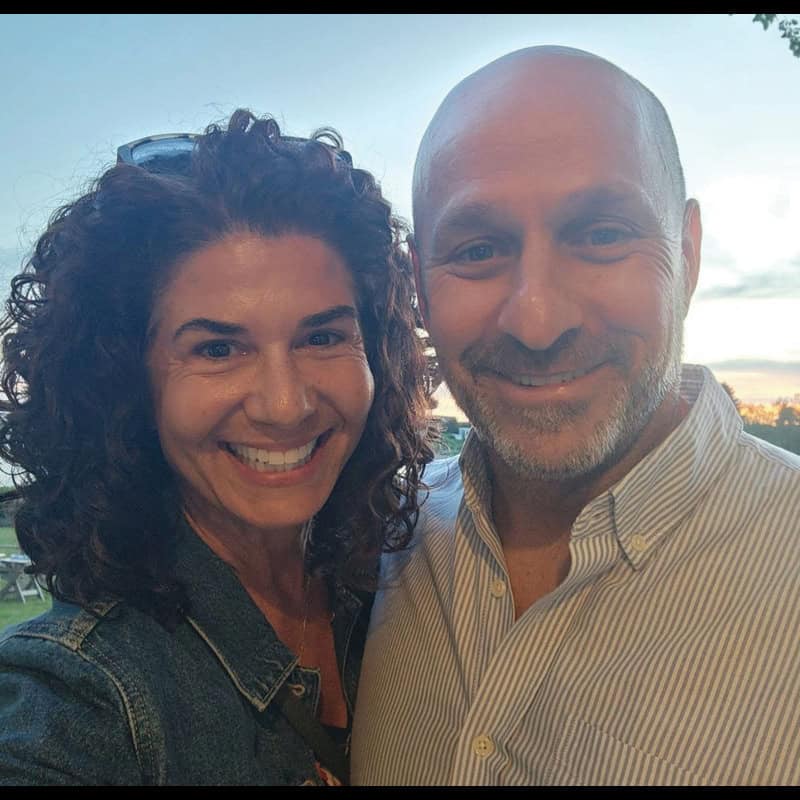
“Fasting on Yom Kippur offers a rare opportunity to mindfully focus without the distractions of daily life.”
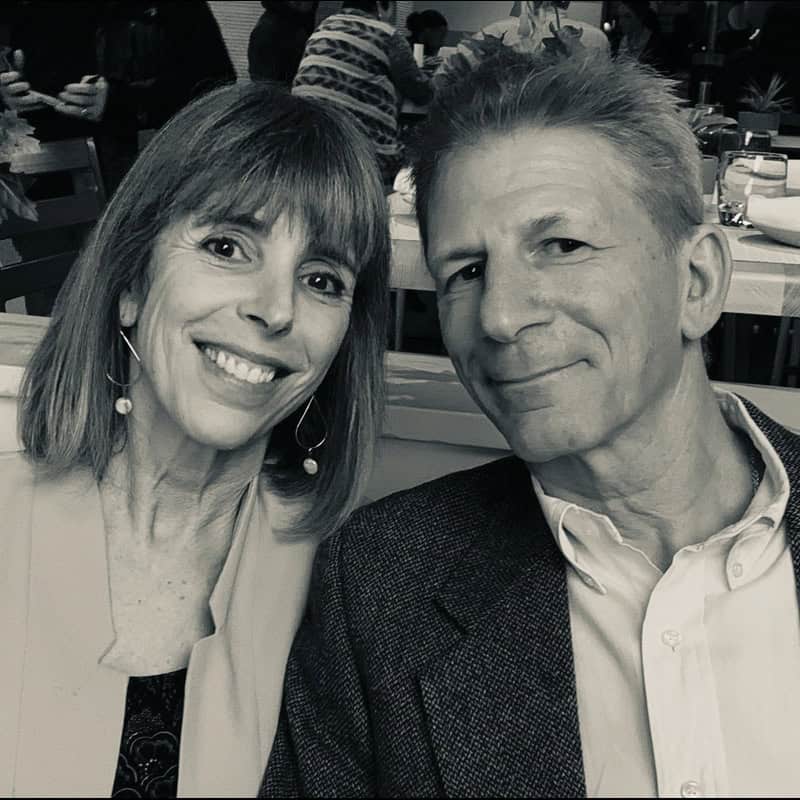
“Mentally, it triggers my biorhythms, so when fasting finally comes, I’m ready.”
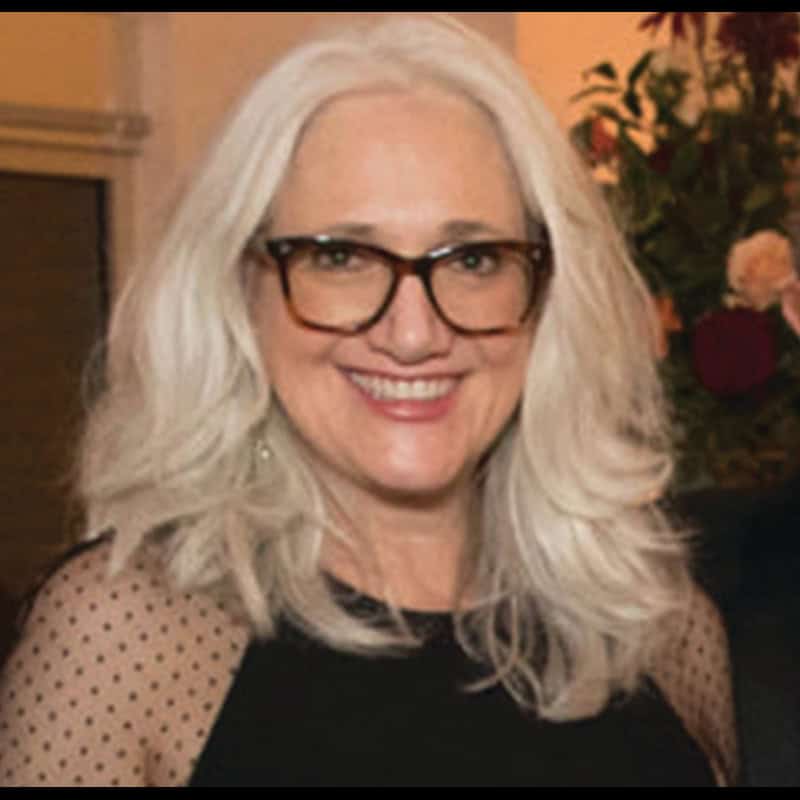
“I smell it (a lemon) when I’m hungry, and it does make me feel better, but I like it because it reminds me of my grandmother.”
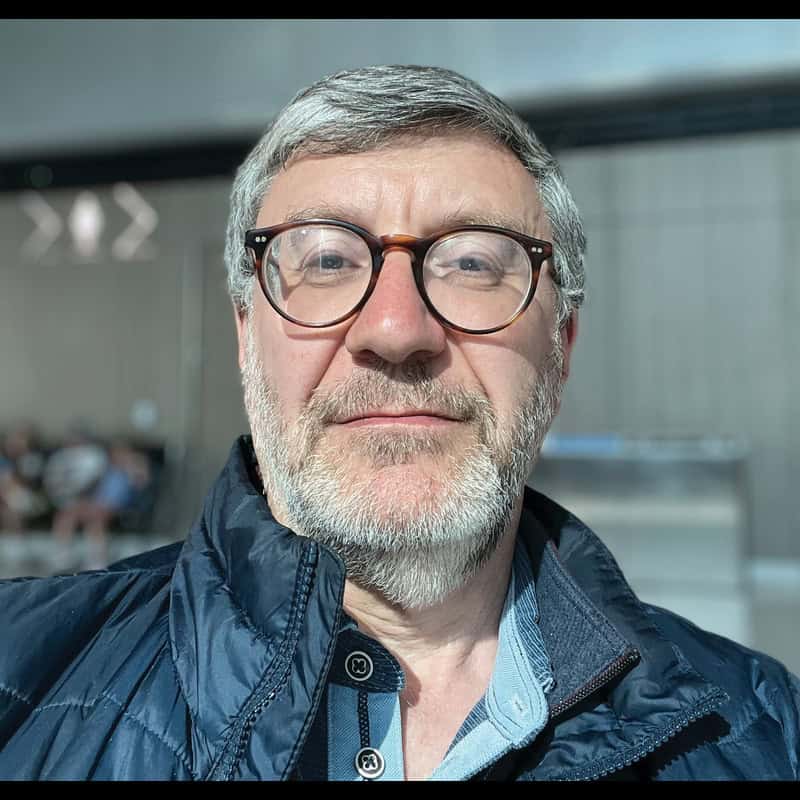
“I can’t recall a year when we were prevented from walking over due to inclement weather.”

